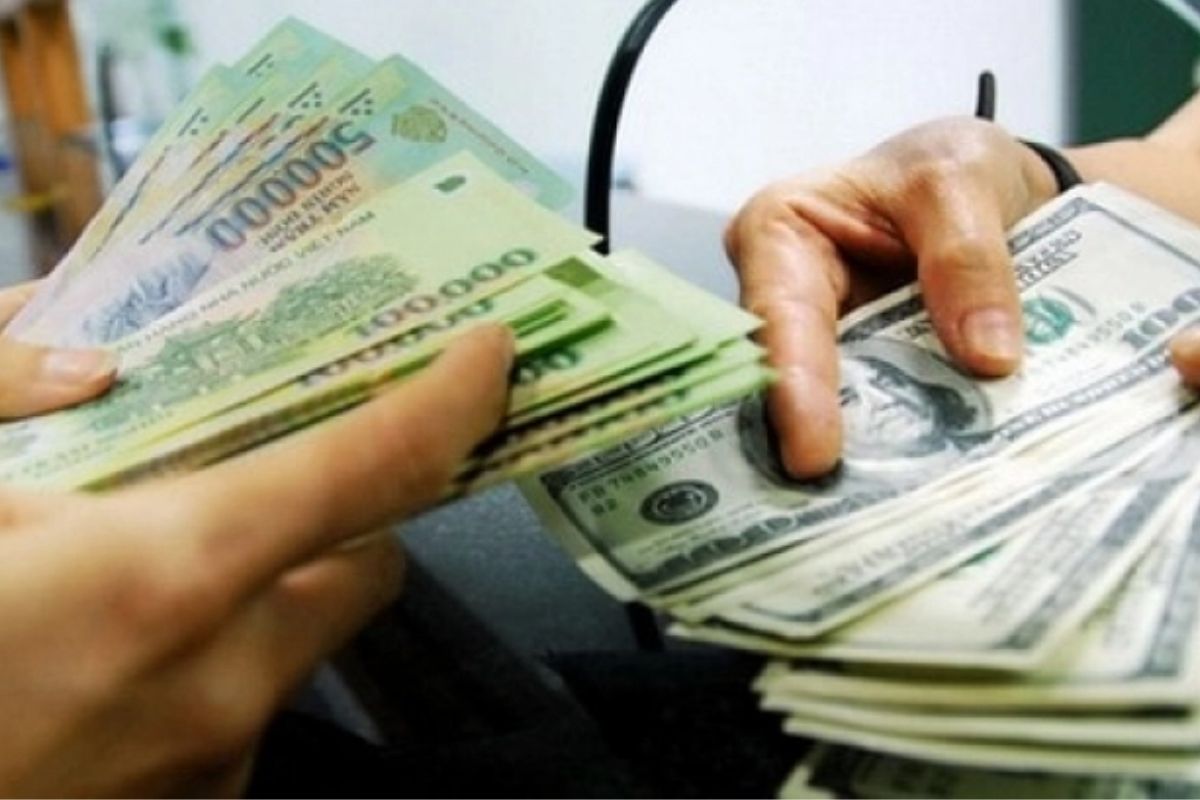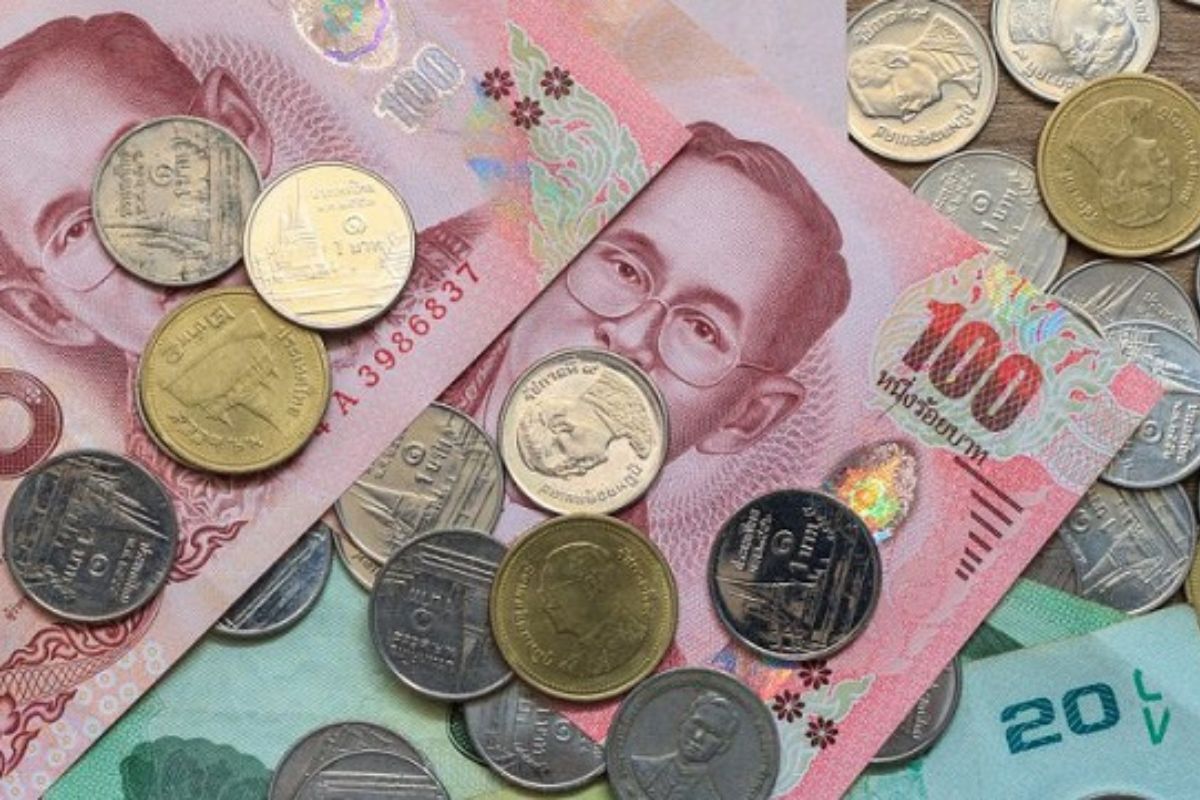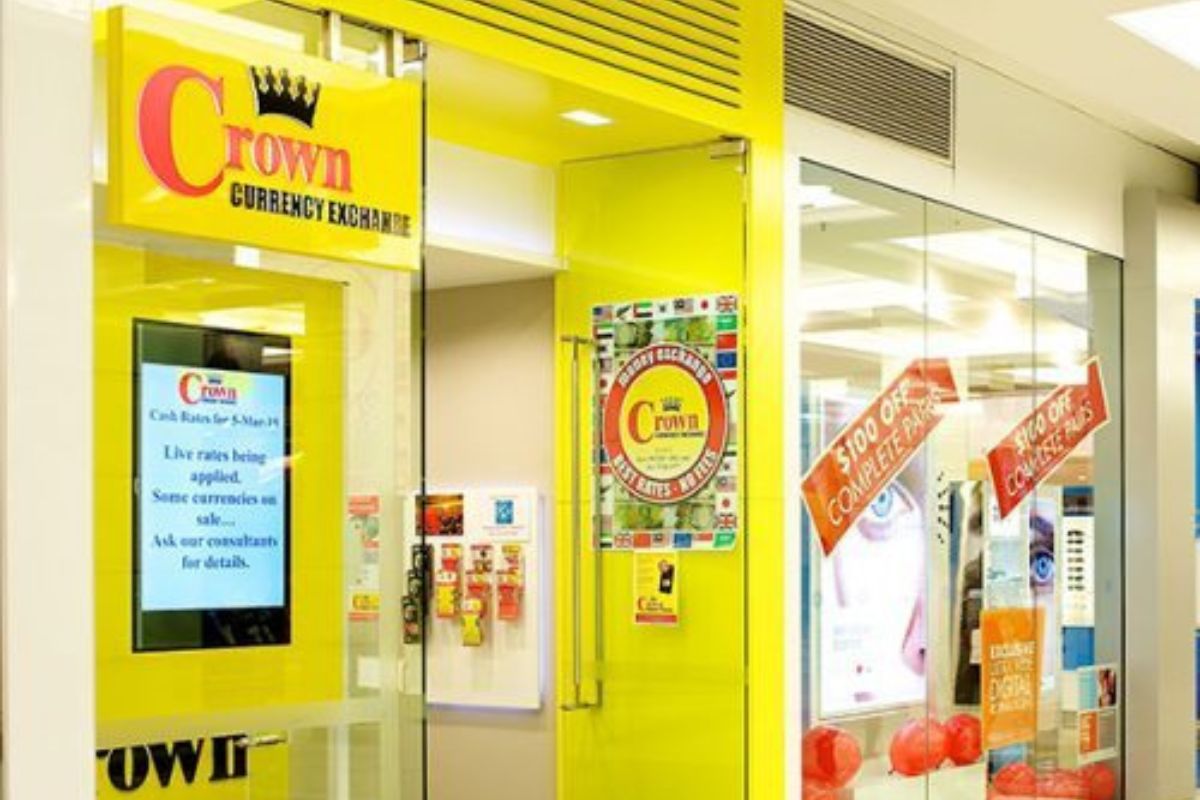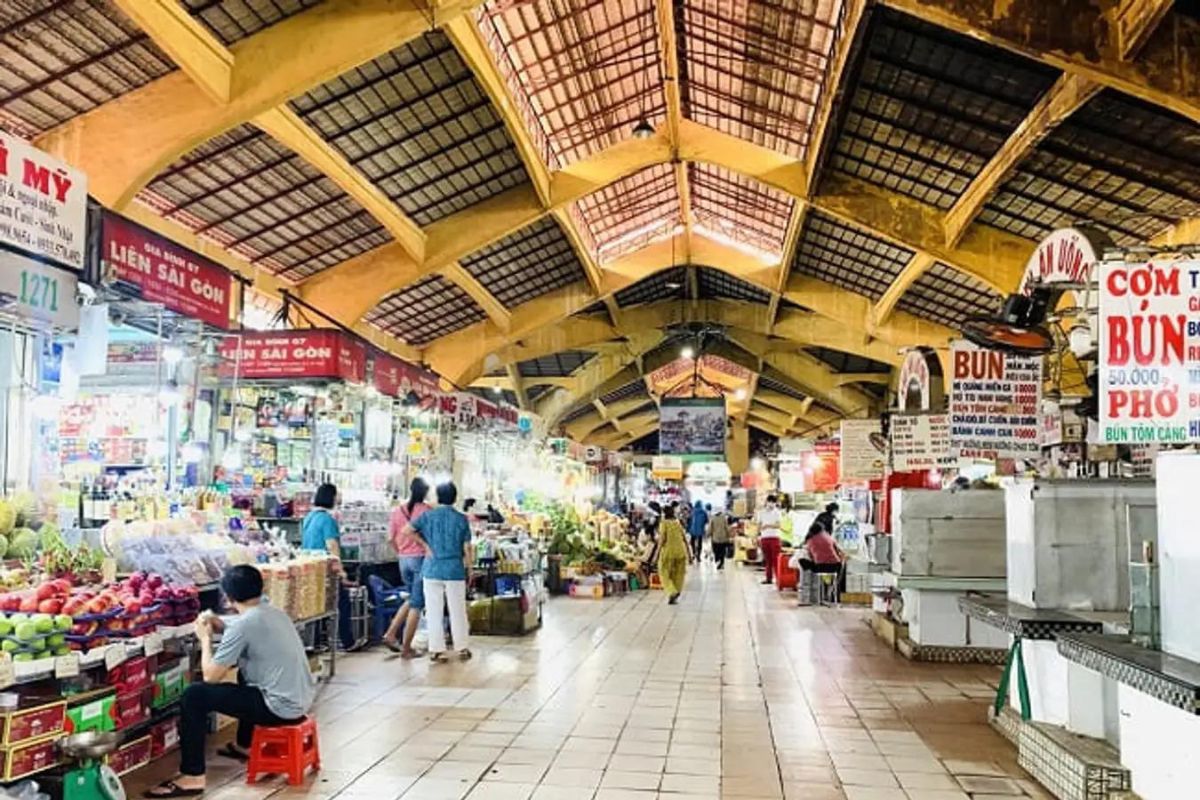Cash is chosen as the most popular tool to exchange goods in Southeast Asia; therefore, it is essential to use cash for tourists’ foreign currency demands. Paying by credit card is also accepted for big ticket items like airfare, accommodation, car hire, and a lot of international establishments; however, there are more benefits to using cash.

Photo: Vietnamfinance
If you are looking for local specialties, street foods, and unique souvenirs at a night market, it is challenging to find a store that accepts credit cards. Most vendors, retailers, and shoppers just pay directly via cash or online banking, depending on what country you are visiting.
You might get better deals when shopping like a local. It’s not an oxymoron. Instead of receiving discounts or coupons while paying by credit card or online banking, the use of cash educates you how to drive a hard bargain, which is a new experience. Additionally, the less you pay by card, the less likely you are to become a victim of fraud or be charged exorbitant fees or commissions.
Let’s discover a list of travel money tips for those who are planning to visit Southeast Asia, as suggested by Wanderlust Tips.
Thailand
Thailand is known as one of the most outstanding tourist destinations in Southeast Asia, attracting a huge influx of visitors on a yearly basis. Before coming to Thailand, you should seek advice on how to use the currency.
According to many predecessors, it is best to bring both Thai baht and a visa card. Thai Baht is for spending when traveling in Thailand. Credit cards will also be very useful when you want to spend more than the amount of cash you carry. Money should not be concentrated in one place. You should keep your visa card as an inseparable item like your passport and always carry it with you. Not all places in Thailand accept payment in USD; therefore, it is more convenient to bring two of them.
In addition, you will have a hard time finding a suitable money changer in Thailand. You have to walk around to look for a place to change money, which is extremely time-consuming.

Photo: BestPrice
Indonesia
Although there are plenty of exchange facilities in Indonesia’s tourist attractions, namely Bali, there are money-changing pitfalls you need to be aware of. Sometimes it is challenging to differentiate the dodgy money changers from the genuine ones; therefore, remember to stay on your guard and avoid the hole-in-the-wall operators. Let’s research more about the official rates and count your money carefully. In order to safeguard yourself, you should change money at Crown Currency Exchange, which offers the best rates, charges no fees, and has a 0% commission.
In Bali, carry plenty of Rupiah (Rp) notes for your daily expenses and back them up with a credit card for major purchases, including accommodation, tours, car hire, and flights. Many shops accept credit cards and debit cards but will add an extra 2–3% to your bill. Credit cards are virtually useless in remote areas and outside of major tourist areas. There is a need to keep enough cash on hand, as many places don’t accept credit cards or ATMs.

Photo: Crown Currency Exchange
Vietnam
Vietnam is known as a perfect destination for those who long to explore the “golden forests and silver beaches” of the world. If you want to travel to off-the-beaten-track places in Vietnam to see wild, majestic nature, you should prepare cash in full denomination. Besides, most cities and famous tourist attractions there accept Visa payment cards. For tourists from Western countries, it is necessary to exchange dollars for VND if they want to use cash (1 dollar = 24065 VND).
When purchasing goods at tourist markets in Vietnam, remember not to be afraid to bargain aggressively. A lot of international tourists are quite shy when it comes to haggling or just paying a slightly lower price. However, you should know that the sellers have a good grasp of that mentality. It would be wonderful to pay a low price, but if they are determined not to sell, then gradually raise the price. According to the experience of the locals, the costs should be raised from 10 to 50 thousand VND at a time.

Photo: Traveloka

